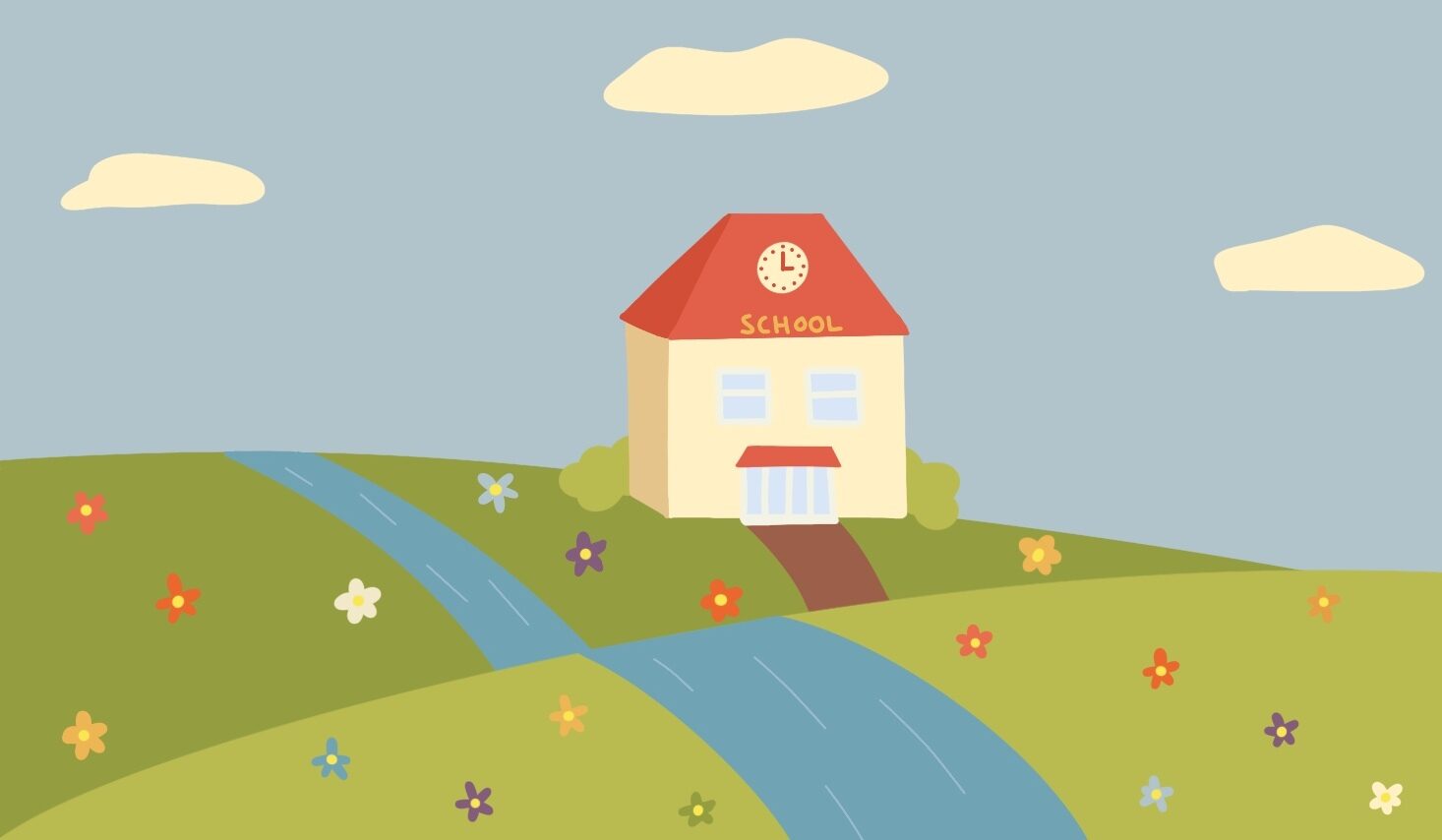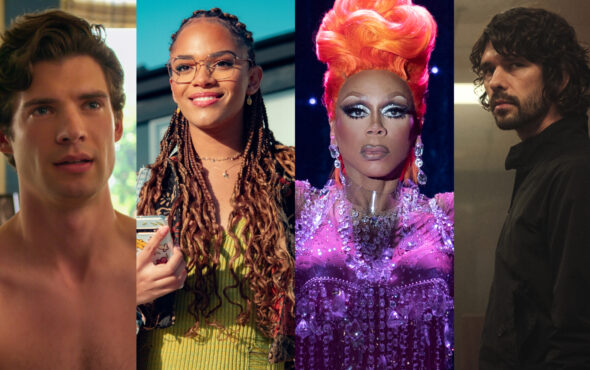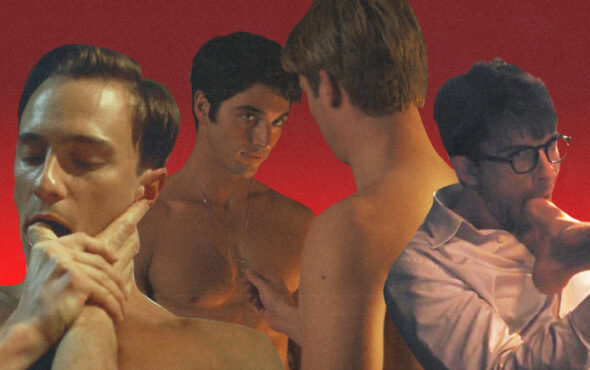
Sometimes, during my rural upbringing, LGBTQ+ people felt like a myth. We all knew they existed, but the where, when, and how were a mystery and not up for discussion. Being LGBT+ was erased – LGBTQ+ communities existed, just not here. At the time, I did not recognise it as homophobia.
As a teenager, I craved representation. I needed a chance for safe and sensible discussion. With the ever-expanding ‘World Wide Web’, information was starting to become available online. However, it was overwhelming, sometimes outdated, and often problematic. It was not ‘real-life’ or ‘in-person’ – just something you saw on the screen or read about.
Deep down, I knew identifying as LGBTQ+ was not just a gimmick on TV: it was real and valid. But if my school, a place for learning and discovering, would not touch the subject, how could I ever be certain or end my confusion? I was already living in an isolated environment, but after understanding and recognising my bisexuality, I felt even more alone and secluded.
I will also admit that, because I grew up in this environment, my knowledge and understanding of other LGBTQ+ identities was lacking. It was not until I attended university that I realised just by how much.
In rural communities there is not only a lack of visibility, but also limited social circles and minimal access to healthcare services. There were small notions of homophobia and transphobia woven into everyday life, so much so that it wasn’t until I moved away and accepted myself that I realised the damage it had caused.
I grew up at a time where people often laughed at characters for being “the only gay in the village”. For many, this was a joke, however untasteful. For me, it felt real. At school, it was a social disaster to be ‘gay’, and because of the lack of education and representation, stereotypes were frequently reiterated by both pupils and staff. Even though I was ‘in the closet’, I felt pressure to disprove those stereotypes. This caused a lot of internal conflict and homophobia.
I first heard about School Diversity Week – run by charity Just Like Us – in university, after joining the LGBTQ+ society. The group were organising resources for the university to get involved. It struck me as such a simple and obvious idea, that I became frustrated that I had not heard about it before.
If my school had celebrated School Diversity Week when I was a pupil, it would have brought LGBTQ+ education and celebration to the rural community that I lived in, where it was seldom mentioned. It would have given me a safe platform to ask questions and get support.
School Diversity Week matters because it goes far beyond focusing on the individual, creating a wider conversation and dialogue about LGBTQ+ people. Alongside providing information, representation, and support for those identifying as LGBTQ+, it can help foster an understanding and accepting connection between pupils, encouraging the challenging of preconceptions and stereotypes.
It can be used to open up avenues of discussion, not just about LGBTQ+ people, but other wider diversity issues which can be applied to the local community. It can also give a non-judgemental place, for those who are not LGBTQ+, and who have not interacted with the LGBTQ+ community, to ask questions, hopefully breaking down barriers and inspiring more allies.
School Diversity Week can be an opportunity for schools to have speakers in, so pupils can be inspired by them sharing their stories of what it’s like growing up LGBT+. This would have been especially important to me as I always had the sense that being LGBTQ+ did not feel like a ‘real’ thing. I felt alone and secluded.
Having someone speak at my school, in ‘real-life’, would have helped with my understanding and acceptance of my own identity. School Diversity Week would have also educated me about other LGBTQ+ identities and issues that others in my school may have had or been going through.
Reflecting back now, from the stability of my twenties, I am both saddened and joyful at seeing my old classmates come out and celebrate who they are. I am joyful because of how far we all have come. But I’m saddened by our lack of opportunity to accept ourselves and connect together.
If we had only had a School Diversity Week when we were teenagers. It would have sparked conversation and education and helped my school become a more welcoming and safe space for both LGBTQ+ students and allies. And just maybe, it may not have taken moving away from my rural hometown to feel I could finally be myself.
Meghzie volunteers with Just Like Us, the LGBTQ+ young people’s charity – sign up now to get involved.


